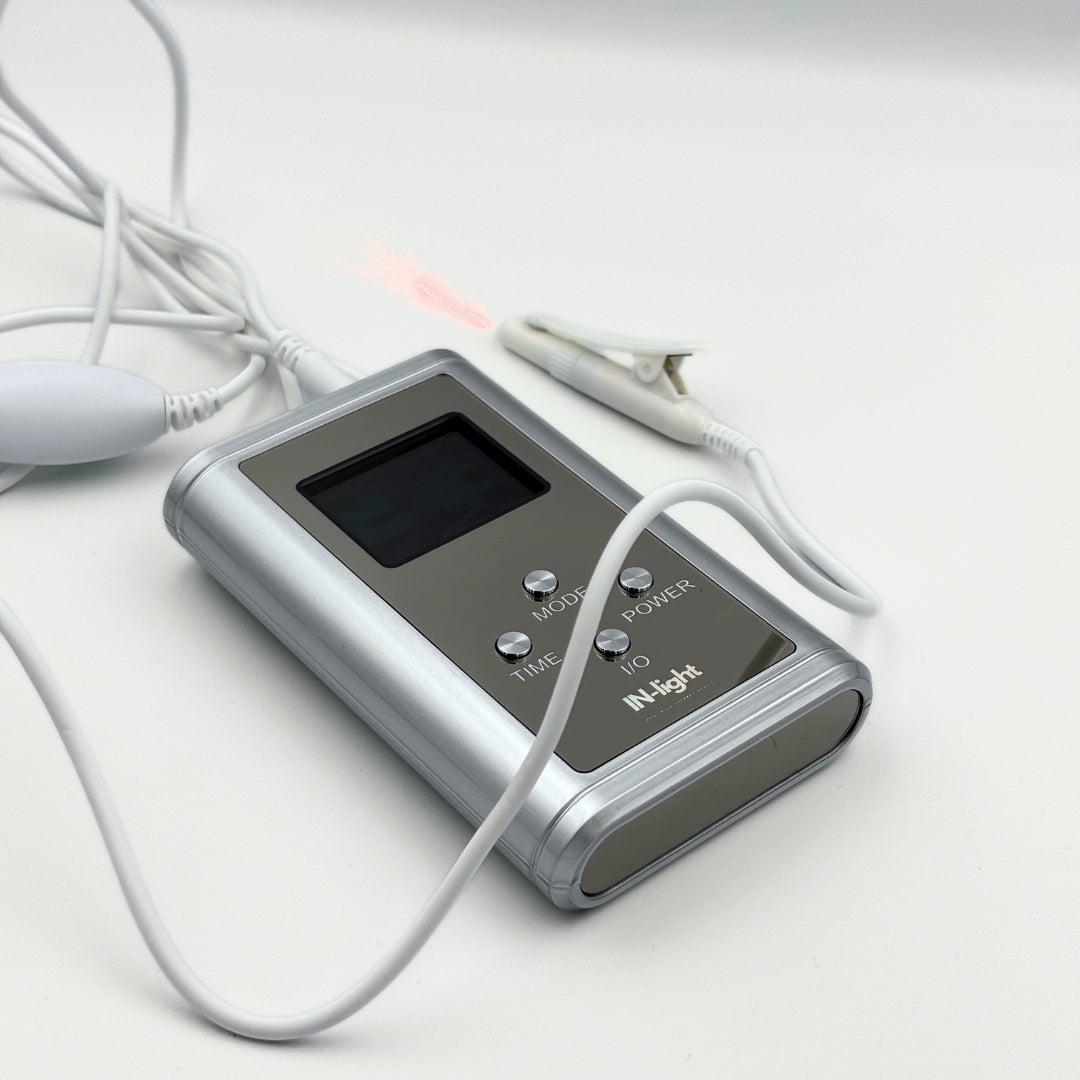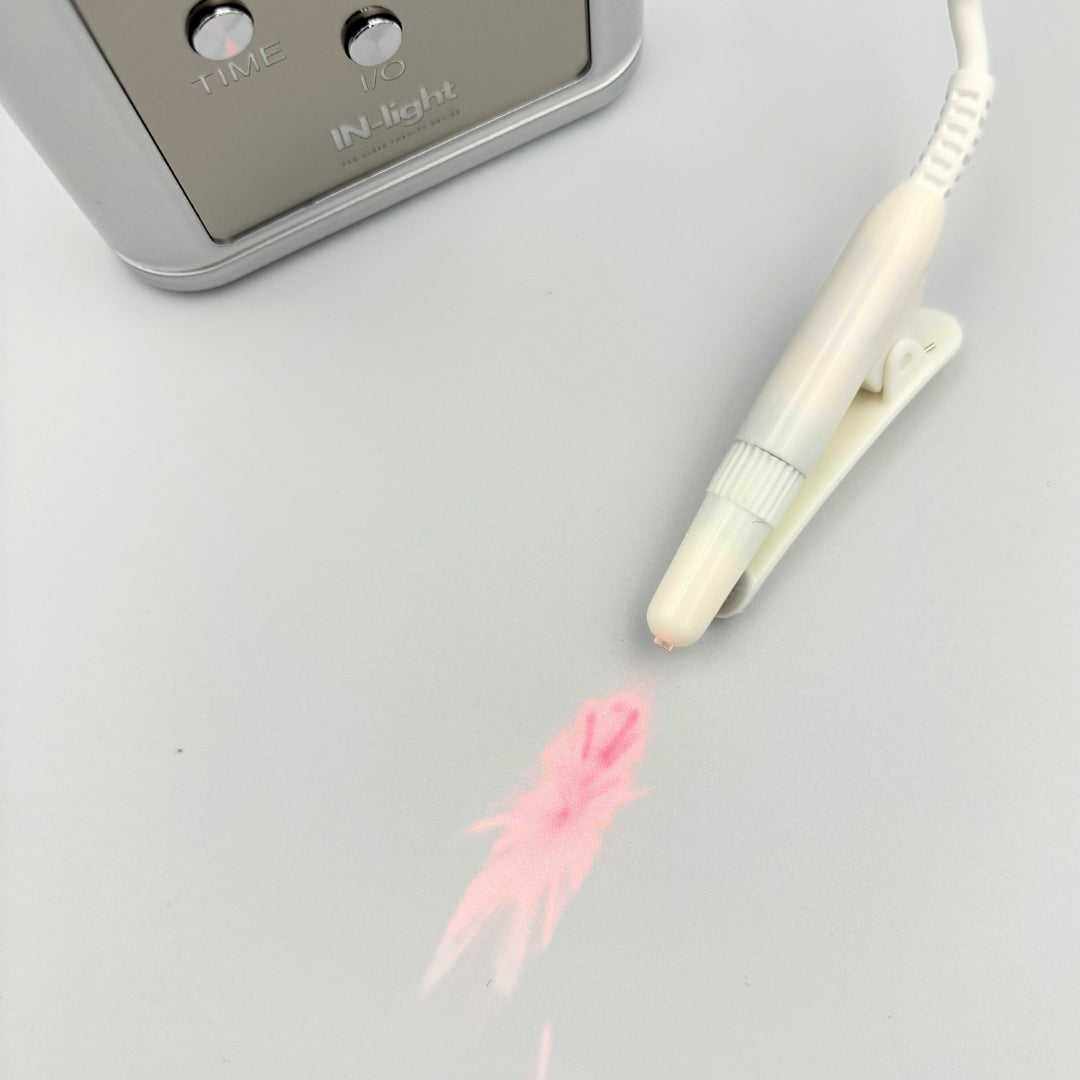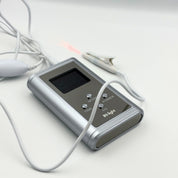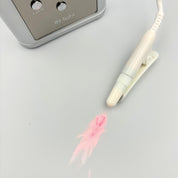Calm your nervous system? 6 great ways to help yourself

An overstimulated nervous system has a major impact on how you feel. It can cause stress, fatigue and even physical complaints. Fortunately, there are ways to calm your nervous system. Click here for more information about the nervous system and what you can do to restore balance.
What is the nervous system?
Your nervous system is essentially your body's communication system. It consists of your brain, spinal cord and nerves, which connect all your organs, muscles and tissues. The nervous system uses signals to enable your body to exchange information with your brain, and vice versa.
Different parts of the nervous system
Your nervous system consists of different parts, each of which plays its own role:
- The central nervous system: processes information and controls the processes in your body
- The peripheral nervous system: connects the central nervous system to the rest of your body
- The autonomic nervous system: regulates automatic processes such as your heartbeat, breathing and digestion
- Parasympathetic nervous system: part of the autonomic system, responsible for rest, recovery and relaxation
- The sympathetic nervous system: activated in stressful situations
- The somatic nervous system: is responsible for conscious movements and sensory perceptions
All these parts work together to maintain a balance between relaxation and action. When this balance is disrupted, for example by stress, the nervous system can become overstimulated.
What are the symptoms of an overstimulated nervous system?
The symptoms of an overstimulated nervous system can vary greatly. You may notice this physically, emotionally and even in your behaviour. You may experience symptoms such as headaches, fatigue and sensitive skin. You may also have concentration and sleep problems and may want to be alone. Fortunately, there are ways to calm your nervous system.
6 tips to calm your nervous system
1. Do breathing exercises
Do breathing exercises by consciously breathing calmly and deeply. You can do this by focusing on your abdominal breathing or using a 4-7-8 pattern. Conscious breathing lowers your heart rate and signals to your body that everything is safe. This helps to relax the nervous system.
2. Get enough gentle exercise
Make sure you get enough exercise, and do so consciously. Gentle movements such as walking, yoga or stretching reduce tension in the muscles. This also stimulates hormone regulation and can help reduce your stress levels.
3. Ensure you get enough rest and sleep
Apart from the fact that getting enough sleep is always important, it can also be good to take plenty of breaks during the day. Make sure you get enough rest, check in with yourself and perhaps do a breathing exercise or go for a walk. Leave your phone behind and be aware of the peace and quiet you have at that moment.
4. Meditate and practise mindfulness
Meditation is a way to become aware of the sensations in your body. This makes you more aware of what causes you stress. By being more conscious of this, you can calm your nervous system more quickly. It is also important to face old pains in order to process trauma in your body.
5. Take a warm shower or bath
Heat relaxes your muscles and activates the parasympathetic nervous system. This creates a feeling of calm in your body and ultimately in your mind. A quick visit to the sauna can also help.
6. Use red light therapy
By using red light therapy through the nose, you can activate the processes in your body to calm down. Below you can read more about how this red light can help you with an overstimulated nervous system.
Does red light therapy help with an overstimulated nervous system?
Red light therapy helps with an overstimulated nervous system. The red light can stimulate relaxation and recovery. This is why it can help:
- Cell repair and energy: red light stimulates the mitochondria, allowing cells to produce energy more efficiently. This helps with fatigue and stress recovery.
- Relaxation of the nervous system: red light activates the parasympathetic nervous system, which is responsible for rest and recovery. This lowers your heart rate and stress levels.
- Improvement of mood and sleep quality: by calming the nervous system, red light also contributes to better sleep quality and a better mood.
This involves intranasal red light therapy, in which red light is used through the nose to stimulate the body. It activates the body's own processes, stimulating your body to work on itself. In combination with relaxation methods and a conscious lifestyle, it is possible to calm your nervous system.












